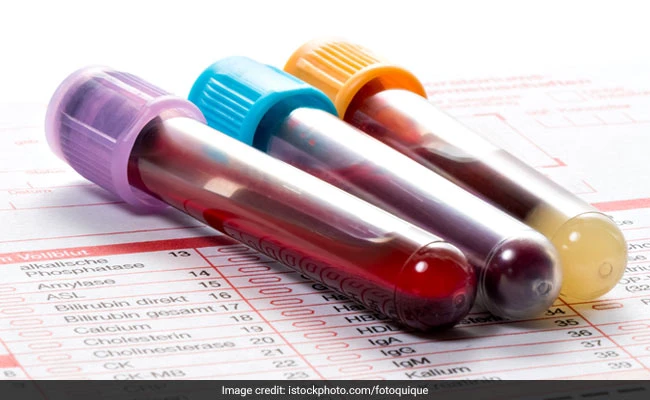In today’s fast-paced world, health is often overlooked until symptoms appear. On the other hand, preventative health examinations are essential for spotting possible problems before they worsen.
A comprehensive annual screening can provide valuable insights into your overall health, helping detect silent conditions such as diabetes, hypertension, or heart disease. So, what should a good, well-rounded health check even include?
What does a comprehensive health check-up include?
A proper check-up should look at the big picture. It usually starts with a full blood count to check for things like anemia or infection. Then come the thyroid, liver, and kidney function tests, all basic but essential to know how your body is working. Add to that your sugar levels (fasting, post-meal, and HBA1c) and cholesterol numbers.
Vitamin D and B12? Check those too, they’re surprisingly low in a lot of people, even in sunny places. Iron levels, CRP, and ESR are also important, especially if you’re feeling unusually tired or low on energy.
And for people in their 40s or 50s, doctors often recommend adding cancer markers like PSA (for men), AFP, or CEA, depending on family history or symptoms. A chest X-ray and an ultrasound of the abdomen also give a broader picture of what’s happening internally.
Cardiac screening: A closer look
Heart problems don’t always shout, they whisper. That’s why looking at your lipid profile alone isn’t enough. Some of the more detailed markers like homocysteine, apolipoproteins, Hs-CRP, and lipoprotein(a) can actually tell you a lot about hidden heart risks.
Then there are the standard tests like ECG, 2D echo, and the treadmill test (TMT). If you’re young, healthy, and have no known risk factors, an echo might be all you need. But if you’ve got diabetes, high BP, weight issues, or a family history of heart disease, it’s safer to do a TMT too, just to rule things out.
When should you begin regular check-ups?
As this is a common question. If you’re healthy and don’t have any known conditions or family history, you can begin with annual screenings around 30. But if there are risk factors, like diabetes, obesity, or high cholesterol, you should probably start earlier, maybe even in your early 20s.
A lot of young adults, especially between 18 to 30, feel invincible. But these years are when lifestyle diseases quietly start to set in. So, even if you feel perfectly fine, it’s not a bad idea to get a baseline check once a year.
Age and gender make a difference
Men and women have different needs when it comes to preventive health. For women, it’s not just about checking thyroid or iron levels. Hormonal tests like FSH, LH, and prolactin can help track menstrual and fertility health. And routine Pap smears and mammograms (after 40 or earlier, if there’s family history) are a must.
Also, as you cross 50, both men and women should consider getting a DEXA scan to check bone density. It’s simple, non-invasive, and helps prevent nasty fractures later in life.
Recognizing the signs of heart disease
Don’t ignore warning signs, especially when it comes to your heart. Chest pain that lasts more than 20 minutes, pain radiating to your left arm or jaw, sudden heavy sweating, or dizziness, any of these could be signs of a heart issue.
Whereas not everyone gets chest pain. In fact, only about half of women and diabetics with heart problems experience chest pain. The rest may just feel uneasy, sweaty, giddy, or get random aches in the jaw or arm.
Health check-ups aren’t just something your parents should be doing. They’re for anyone who wants to stay healthy, prevent future problems, and live a longer, better quality life.
Getting a check-up is like getting your car serviced. You don’t wait for the engine to break down to check the oil. You do it regularly to keep everything running smoothly.
Your body requires the same.
(Dr. M Sudhakar Rao, Consultant – Cardiology, Manipal Hospital Sarjapur Road)
